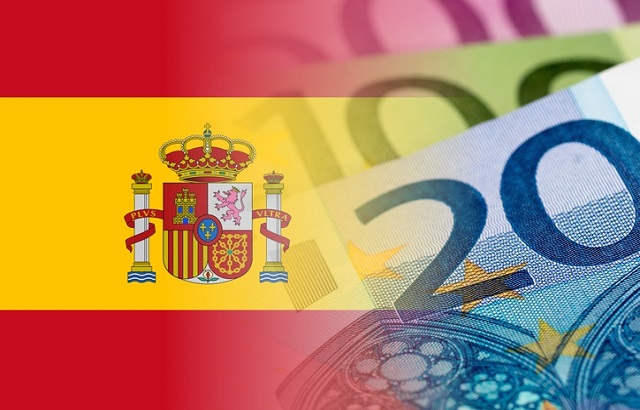The Spanish government has recently announced plans to increase taxes on personal income, wealth and inheritance gifts as part of their recovery from covid-19, known as ‘tax harmonisation’.
These tax rises will allow Spain to receive subsidies of €69.5bn (£59.7bn, $81.4bn) from the EU in a bid to kick start economies after the crushing impact of the covid-19 pandemic, writes Julio Prieto, tax and private client barrister at Del Canto Chambers.
So how will these changes affect UK nationals who either divide their time between the UK and Spain, occupy full residency there, or plan to?
There will be changes affecting residents in Spain in terms of income tax, wealth tax, VAT and IHT among others:
- The Income Tax introduced new thresholds: The General Tax Base of €300,000 with a tax rate of 47%, and 26% in the Saving Tax Base from €200,000. For workers displaced to Spain also known as ‘Beckham rule’ up to €600,000 the tax rate is 24%, and 47% from €600,000.01.
- The Wealth Tax is partially taxed by the Spanish state and partially by the regional community of residence. There are allowances depending on the regional community. The estate part includes a new threshold of 3.5% for wealth valued from 10,695,996.06.
- The VAT increased taxing on sugary drinks from 10% to 21%.
- Transfer Tax (ITPAJD) and Inheritance Tax (IHT): The Spanish government has passed the Law 11/2021 on 9 July 2021, on measures for the prevention of and fight against tax fraud, implementing the European Directive 2016/1164. This is a new Anti-Fraud Act, by which the primary change introduced is the reference value on transfer of properties that may be consulted in the Spanish Real Estate Cadastre Regulations. In the event that the property does not have reference value or this cannot be certified by the General Directorate of the Real Estate Cadastre, “the taxable base, without prejudice of tax verification, will be the greater of the following amounts: the value declared by the taxpayer or the market value”.
Regions vs State
Despite recent statistics unveiling that almost half of high net worths (HNWs) over 50 wishing to emigrate from the UK would choose Spain, these new tax pressures are causing concern among existing UK expats who fear a worsening of their financial situation, as prime minister Pedro Sánchez insists they are necessary for the nation’s economic recovery.
While the Spanish state has final say, the country’s 17 regions have the right to apply exemptions or conditions to relax the pressure on taxpayers should they be deemed harmful to their individual population. But these measures will work in a more coordinated way to guarantee a minimum level of taxation to deter tax competition between the autonomous communities.
At Del Canto Chambers, we are advising an increasing number of private clients who are choosing Spain as their preferred destination, both to make lifestyle changes and expand their financial portfolio. A destination rife with opportunities for HNWs, the upcoming tax increases are unlikely to deter UK nationals who are looking to invest in or acquire property; move their business operations overseas; or start up a business venture.
Despite concern over the desirability of the country if these taxes are pushed through by Sánchez, as the expense related to owning large assets will increase, Spain has many legislative and tax-related incentives where foreign investment is concerned, which UK business owners are catching on to.
Spain is known as the gateway to Europe, and as such is host to circa 360,000 registered as permanent residents.
Residency issues
UK expats’ residency in Spain has been under the microscope since Brexit regulations came into effect on 1 January 2021. Those UK nationals who have been flying under the radar for decades, never having gone through the formality of applying for residency, must make a decision as to where to call ‘home’ before Spanish authorities detect their presence in the country.
In terms of residency options, there are three available visas for UK nationals looking to relocate to Spain, which should be chosen based on the activity they plan on embarking on.
The ‘Entrepreneur Visa’ involves a specific cost that must be used to start up a business in Spain, demonstrating the benefits that it will bring to the country.
The ‘Golden Visa’ is another option. Costing the property value of over €500,000, tax and expenses excluded, this visa will give citizenship for investing into the country. Brits show great interest in these types of properties in destinations such as the Balearic Islands and Costa del Sol.
There are other options relating to the golden visa which include significant deposit and investments in Spanish companies, bank deposits and estate public debt.
Finally, the ‘Non-Lucrative Visa’ is a good option to those who aren’t looking to take on any professional activities in Spain, as it is only applicable to those whose financial resources are considered ‘sufficient’ in order to sustain themselves and any family members.
This article was written for International Adviser by Julio Prieto, an international barrister specialised in tax and private clients at Del Canto Chambers.








